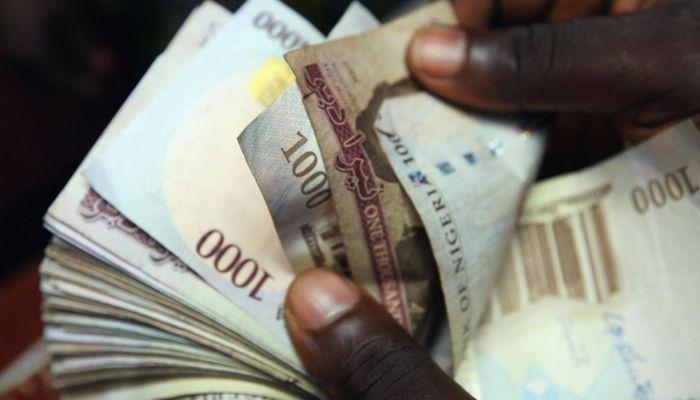Naira on Wednesday depreciated against the dollar by 0.65 percent as demand rose at the parallel market segment of the foreign exchange (FX) market.
During the intraday trading session in some parts of Lagos, Kano and Abuja, the dollar traded at the rate of N760 compared to N750 on Monday and Tuesday.
Traders attributed the naira depreciation to strong demand for the greenback from individuals for business travel allowances and school fees.
At the Investors and Exporters (I&E) forex window, Naira closed flat at N464.67 per dollar on Wednesday, the same rate it has closed in the past two days.
Most currency traders who participated at the foreign exchange auction on Wednesday maintained bids between N460/$1, lower and N467/$1, higher bid.
Read also: NGX RegCo, ISSB, FRC to champion sustainability disclosures reporting among companies
The daily foreign exchange market turnover, which reflects the volume of dollars traded at the official market printed at $186.02 million.
The average foreign exchange turnover at the I&E window decreased by 13.7 per cent to US$85.80 million in February 2023, relative to US$99.47 million in January, the same year.
Last week, the exchange rate at the Investors and Exporters lost 0.03 percent to close at N464.67/US$1. Elsewhere, the foreign exchange reserves of the Central Bank of Nigeria (CBN) decreased by 0.15 percent ($52.97m) to US$35.09bn, as the CBN continues to intervene across the various FX windows, a report by Coronation research showed.
The FX reserves of the CBN have slipped from N37.1bn to N35.09bn this year and are below their 10-year average of N37.0bn.
“Although the FX position is not as strong as it was, we do not think that the I&E Window rate is vulnerable from a technical point of view. At the same time, the President’s inaugural address pointed to possible changes in the exchange rate regime,” the analysts at Coronation research said.






